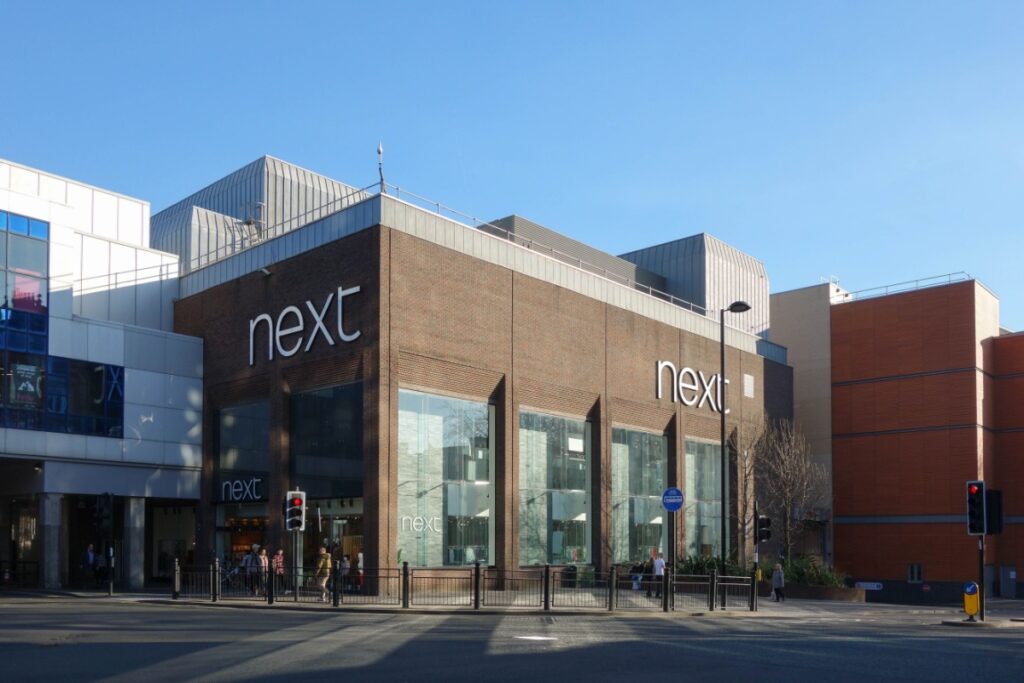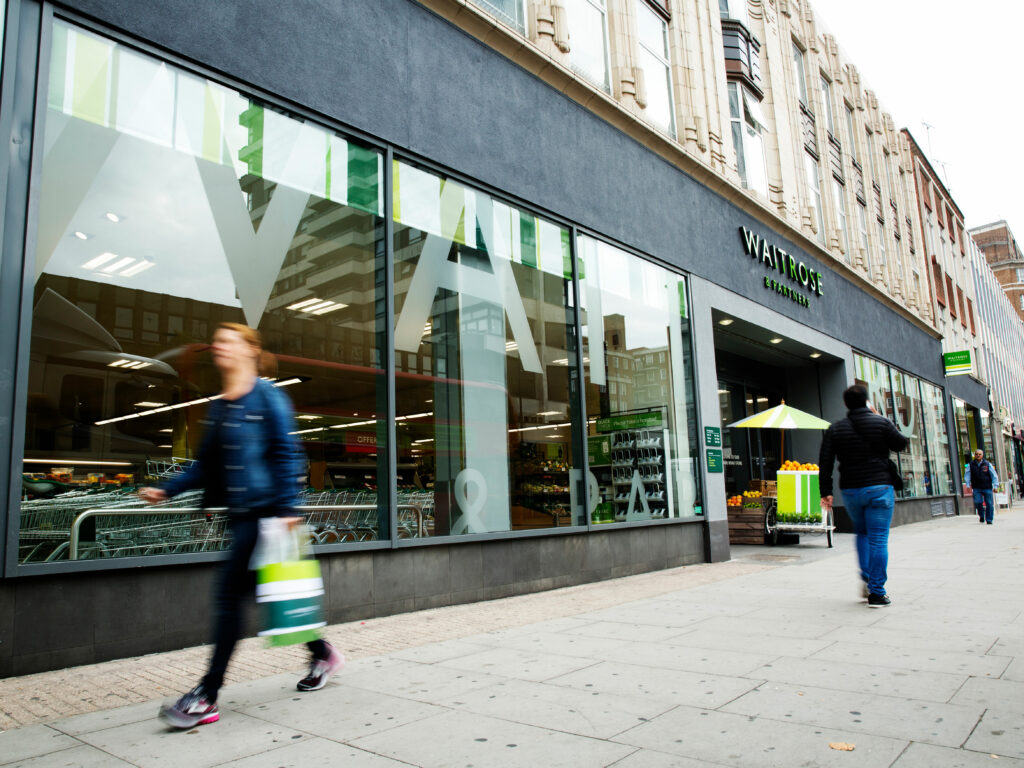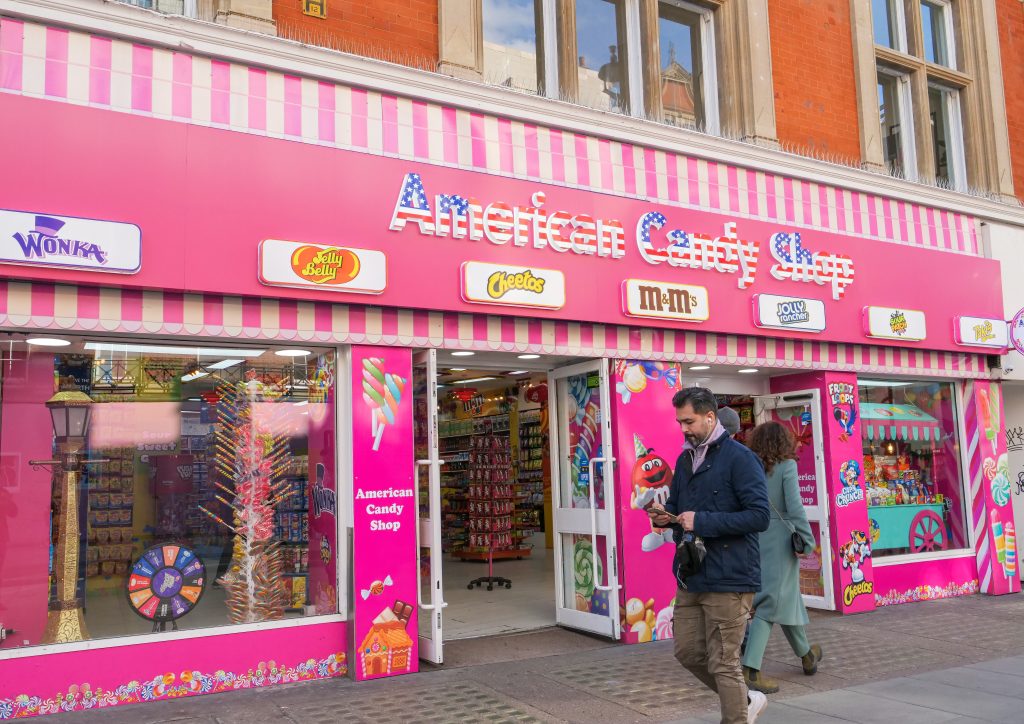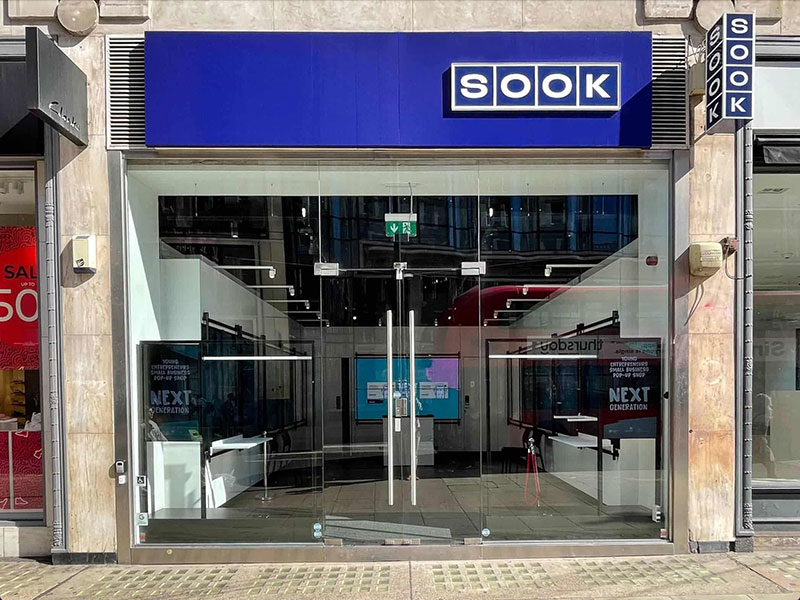A growing disparity is emerging between what certain age groups spend on DIY, and it‘s closely related to the housing sector.
Recent figures released by credit card provider MBNA revealed that spending by the under 30s, the so called ‘rent generation‘, on DIY has fallen by 32% since 1996, to an average of £108 a year. Meanwhile, spending by 45-60 year olds increased, with the current average expenditure now at £240 a year.
The timing corresponded with that of a report published by Halifax, which found that the average age for people buying their first home is continuing to rise. According to the bank, the average age of the typical first-time buyer is now around 31, compared to 27 in the early 1990s.
“Generation rent is usually barred from making home improvements by clauses in their tenancy agreements,” said Mark Elliott, Director of Corporate Affairs at MBNA. “Although [overall] DIY spending has grown by 42% in real terms since 1996, an increase in the proportion of people renting in the UK could impact the sector‘s growth in the future.
“Any further increases in the average age of first-time buyers could impede the DIY sector‘s future growth by narrowing the window in which most people undertake DIY tasks during their lives.”
There is evidence to show this is having a real impact on the sector. B&Q, for example, has closed 60 loss making stores in the UK. At the same time, however, rival Homebase is to receive substantial investment and a rebranding from its new owner, Wesfarmers, suggesting a sustained confidence in the sector. It may also be difficult to gauge how these figures relate to DIY suppliers, though the retail DIY industry certainly appears to be impacted by these changes to the home owner demographics.
Halifax‘s report went into further detail, describing the huge deposits first time buyers have to find. Its study of 50,000 adults aged 20-45 and 6,000 parents with children in this age group revealed that, formerly, deposit size was the biggest barrier to buying a home, but now this is combined with rising house prices to deter potential home owners.

















